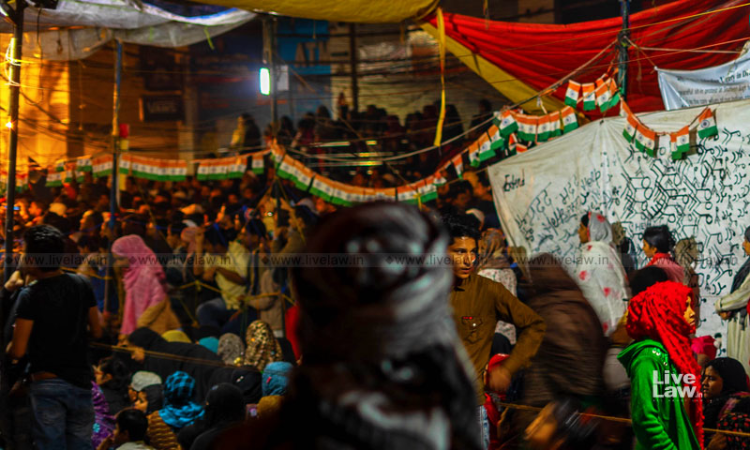Right To Protest In Public Roads : What SC Constitution Bench Held In 1972 Himatlal Case?
Ashok Kini
10 Oct 2020 5:01 PM IST

Next Story
10 Oct 2020 5:01 PM IST
The Supreme Court in its recent judgment holding that the public ways cannot be occupied indefinitely in the name of protests, have referred to a constitution bench judgment in HimatLal K. Shah v. Commissioner of Police, Ahmedabad. This piece is an explainer about the said judgment delivered in 1972 by a five judge bench headed by the then CJI SM Sikri. In Himatlal, the rules framed by...
